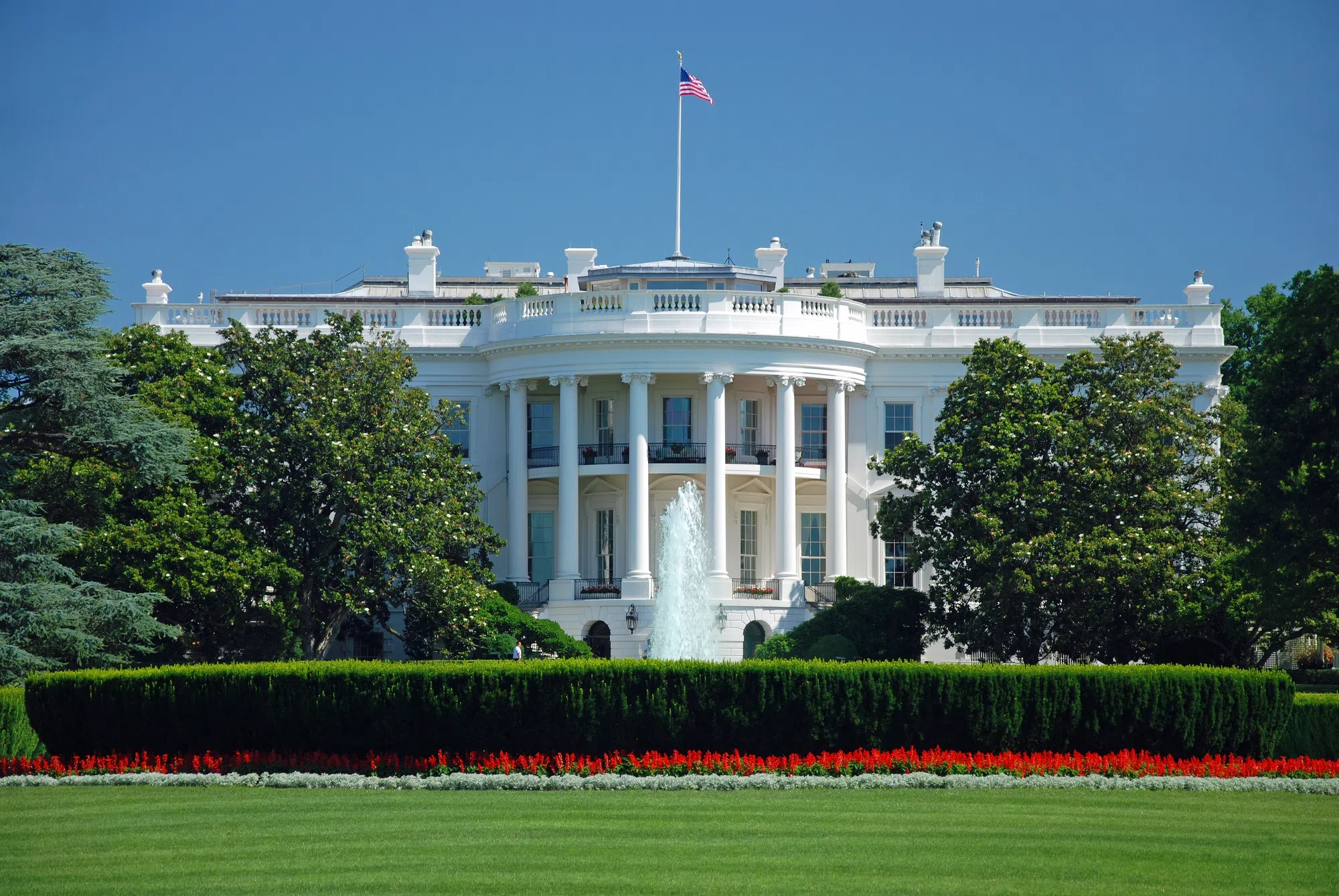U.S. President Donald Trump marked April 2 as “Liberation Day,” rolling out sweeping tariffs that he claims will restore American economic independence.
While the announcement spared Canada from additional levies, Trump confirmed that existing duties-including a 25 per cent tariff on steel, aluminum, and vehicles-will remain in place.
“Today, we take back control,” Trump said during a White House press event. “For too long, other nations have gotten rich off the backs of American workers. That ends now.”
The new tariff plan imposes a 10 per cent duty on all imports into the U.S. and significantly higher rates for trade rivals, such as 34 per cent on China and 20 per cent on the European Union. While Canada and Mexico avoided additional tariffs, White House officials confirmed that the penalties enacted earlier this year will continue indefinitely.
Prime Minister Mark Carney, who paused his election campaign to address the tariff fallout, reiterated Canada’s commitment to countermeasures. “We will not stand by while Canadian workers and businesses pay the price for U.S. protectionism,” he said. Canada’s retaliatory tariffs-targeting American exports like alcohol, produce, appliances, and household goods-remain in place, with further measures under consideration.
Economic experts warn that the continued tariffs could deepen inflation and disrupt North American supply chains. The auto sector, in particular, faces uncertainty, as the U.S. maintains its 25 per cent tax on Canadian vehicles. Meanwhile, Canadian steel and aluminum producers are bracing for prolonged trade restrictions that could cost thousands of jobs.
Despite warnings from economists and business leaders, Trump remains steadfast. “This will generate trillions for our economy,” he said, vowing to use the funds to cut taxes and pay down U.S. debt.
With trade tensions escalating, Canadian officials are exploring legal options under the Canada-U.S.-Mexico Agreement while urging citizens to support domestic industries.
For now, the economic uncertainty continues, with no clear resolution in sight.
(Written by: Joseph Goden)
